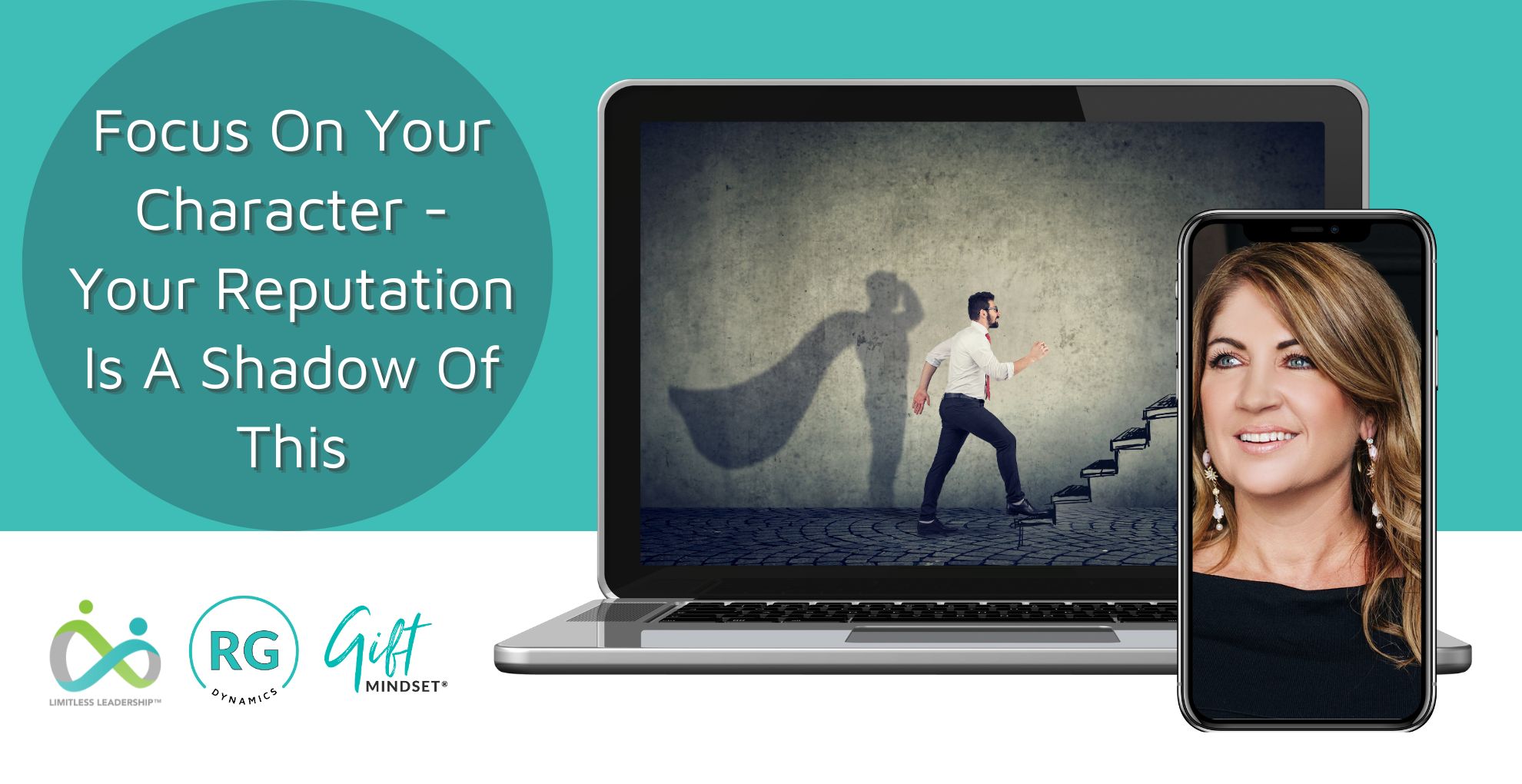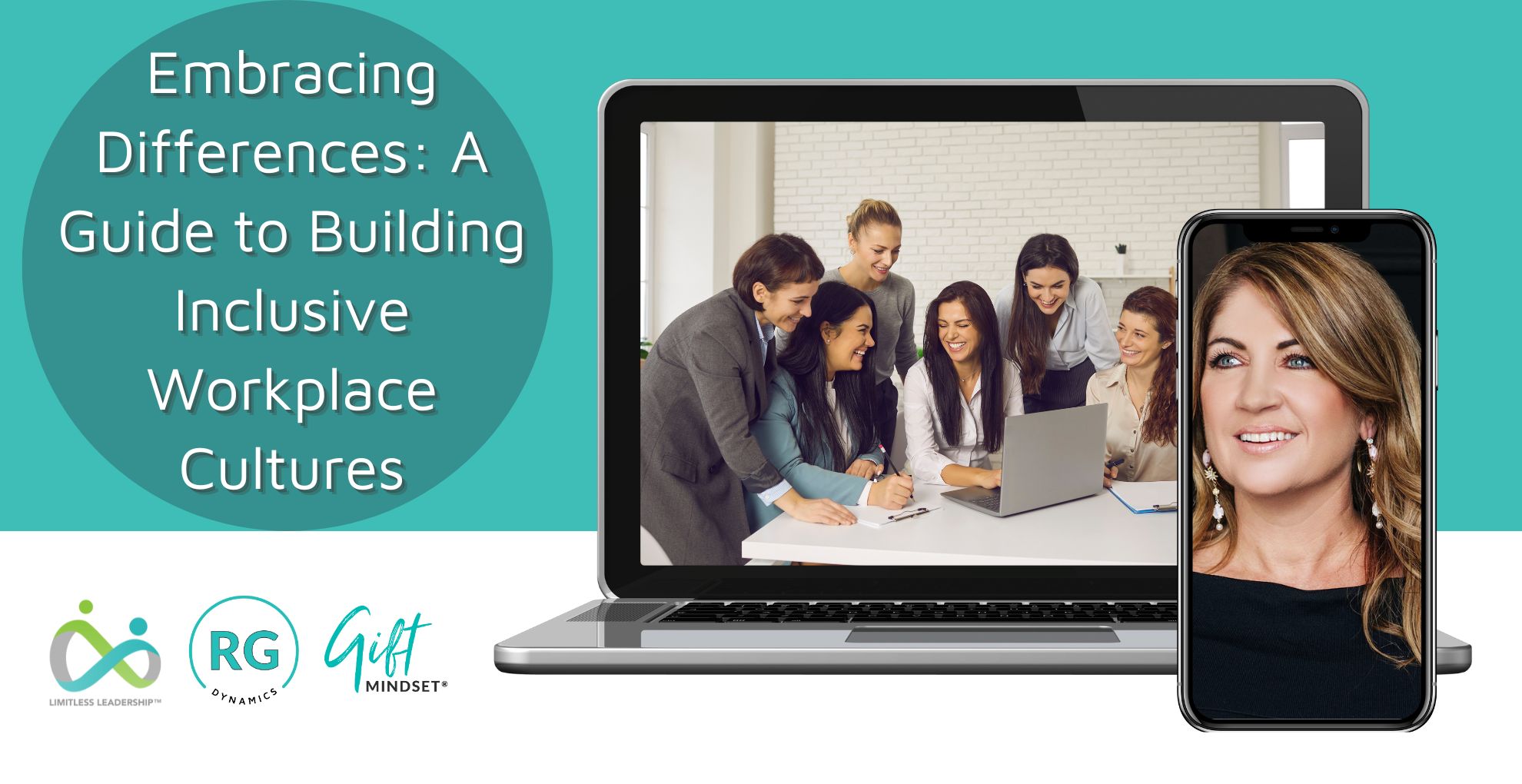Rapport is like a boomerang; it will only come back if the connection is a mutual one.
Rapport building is all about connection and taking the time to build a deep connection and therefore, meaningful relationships and influence.
Rapport equates to influence.
Some of the best leaders I work with are seen as a coaching resource. You can have the best frameworks to coach and mentor but without connection, trust and a safe zone for the coachee to grow, coaching will be one-sided, ineffective and a waste of time for both of you.
Focus on goals
In any coaching relationship, whether formal or informal, the focus should be on the coachees’ goals and how they can be achieved. Coaching is not counselling, so it does not require the coach to know too much about the coachees’ private life or to become their ‘best friend.’ Your aim as a coach is to create a level of rapport that means the coachee is happy to talk honestly about their work performance.
If you’re like most people, when you welcome people such as friends and family into your house, you want to make them feel welcome and at ease. While the specifics of what you might say to a team member are different from what you might say to a house guest, the motivation and attitude behind the words should be the same.
Listen to what is NOT being said and only ask one question at a time and let the coachee’s response shape the next question.
During a coaching session, you want to open the conversation with a remark that lets the coachee know that you are genuinely interested in them and what they have to say. Following this with an open question will assist in leading the conversation into the topic, challenge or opportunity the coachee would like to be coached on during that session.
Active listening is important after asking questions as it demonstrates to the coachee your interest in what they are saying. Listening makes the coachee feel important and is a great way to get you, as the coach, to talk less.
Rapport is built upon but keep in mind you and the coachee can go in and out of rapport so don’t take it for granted. At times, not being in rapport can serve the coachee well, especially if you are challenging them or getting them to think and act outside of their comfort zone.
Building Rapport in the Session
Take time to build rapport
The time it takes is minimal in comparison to the benefits. Be interested and curious and hold the space to be present and there for the coachee. Maximise similarities and minimise differences.
Ask rapport-building questions
Use open questions. These start with: How, When, Where, What, Why, and Who – open questions get the coachee to talk and open up, which is really important.
Listen deeply
Show you are listening by asking one question at a time, paraphrasing answers to show you have listened and clarify throughout the session.
Ask permission to give feedback and make suggestions
Don’t assume things, be upfront and set the scene and expectations by asking the coachee for permission to give feedback and to also make suggestions where and when needed.
Match their language
By being a little more like the coachee, without changing who you are, there will be a match, and this can assist in building rapport more easily. Match words and the pace at which they talk
Acknowledge the coachee
As a coach, you want to assist the coachee in building even more confidence in their ideas, thoughts and actions. My regularly affirming they are on the right track, when they are, acknowledge this and celebrate success.
In any relationship, rapport can go a long way and is often missed in the busyness of life.
Take the time to be in the moment, be ALL there and be curious to add and receive value from every interaction.
Be limitless!




